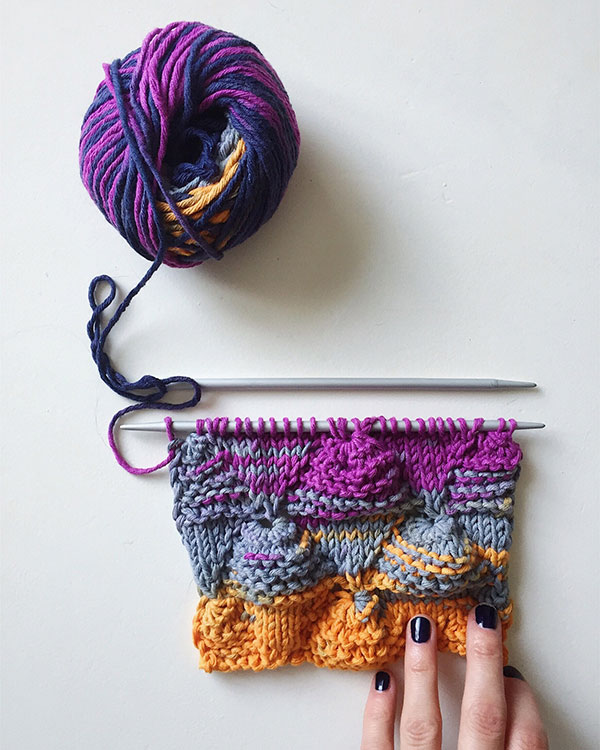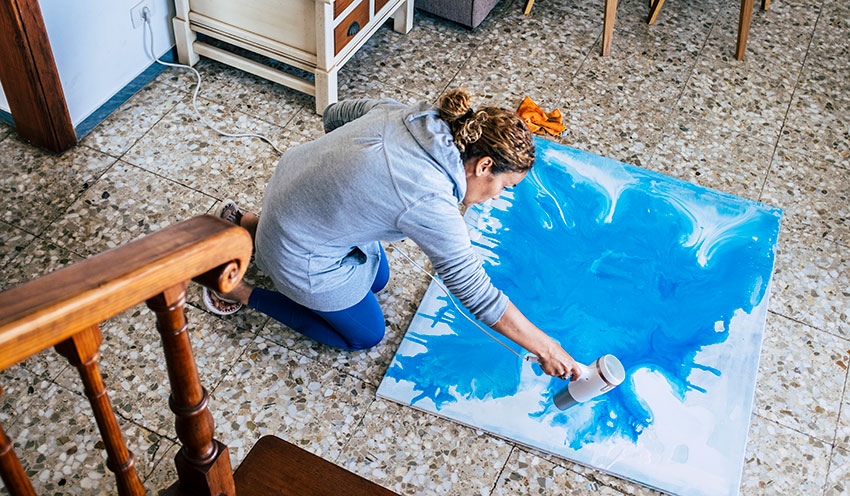As an ANU staff member with disabilities, I wanted to share some of my thoughts and others’ about our mental health. Mental Health is a catch all term for conditions such as depression, psychosis, eating disorders, schizophrenia, personality disorders, trauma and severe anxiety conditions including Obsessive Compulsory Disorder (OCD) and PTSD.
It’s important to realise that mental health conditions can be both a cause and an effect of disability, and often involve activity limitations and participation restrictions beyond the ‘core’ areas of communication, mobility and self-care:
- Of the 18% of Australians with a disability, for 23% – or one in four – their main form of disability is mental or behavioural.
- 32% of adults with disability experience high or very high psychological distress, compared to 8% of adults without disability. (AIHW 2020)
Educate yourself
In celebrating World Mental Health Day, please be aware that all awareness days or months are only effective if people learn something new and their insights change their actions around people who are managing, in this case, mental health. Passive participation through acts such as using Zoom backgrounds or putting up a mindfulness poster don’t help in increasing education. Increasingly those in the disability community are taking an active stance against virtue signalling activities including celebrities in disability simulation activities and lighting up buildings. True education only occurs when hearing directly from those with lived experience and then acting on it when required. Sharing our stories and building understanding is what motivates people to be more accepting.
Read lived experience stories
When I read Eliana Horn’s powerful story of coping with OCD whilst in lockdown in Melbourne, I felt her authenticity throughout. Like Eliana, my anxiety is abnormally high about returning to the world beyond the few locations I’ve visited during the pandemic. It’s hard for others to understand the compulsive thoughts and behaviours that accompany OCD, but publishing stories like these help educate others as to how it’s harder for us to switch those thoughts off in ways that others can. Stories also help those of us with mental health conditions feel less alone. A global initiative has collected stories of mental health experiences from a range of academics and HDR students, which provide invaluable insights into how our own staff and students of all levels may be managing their mental health.
For some people with disabilities, heightened mental health can also affect the way we interact with others. For example, my verbal skills deteriorate when I’m struggling with my mental health – which is hard as I’m already aware that one of my disabilities impacts my verbal skills. Under stressful situations, they can disappear altogether.
Art therapy

We all have different ways of managing our mental health. I’ve learnt that exercise doesn’t help curb my anxiety as it gives me too much time to think. I’ve discovered that instead, doing something constructive with my hands works for me. I’ve spent an inordinate amount of time in 2021 creating hand-crafted objects for Christmas gifts. Being creative is something I can do that keeps my mind present and on-task, particularly if the item is complicated. It helps still my mind from the repetitive cycle of compulsively thinking about a particular incident stuck in my mind. Increasingly, there is research evidence to support using art therapy as an effective treatment. A current accessible project is Culture Dose, an online collaborative project between Black Dog Institute and UNSW.
What can I do?
- Educate yourself! Use the resources I’ve provided to learn more about how mental health conditions might impact your staff or students.
- Don’t suggest mindfulness or cognitive behaviour therapy (CBT) as a blanket solution to everyone you talk to as some people with mental health conditions do not respond to those techniques and get annoyed when they are suggested.
- Be there and listen when someone wants to talk. Don’t minimise their experience as a way of consoling them. They just want to be heard, acknowledged and most importantly, be accepted for who they are. Every. Single. Part. Of. Them.
Getting help – ANU Mental Health services

ANU has a longstanding Mental Health Strategy that aims to develop an institutional approach to mental health, and there are a wide variety of services aimed at supporting students and staff at the University.
Staff at ANU have access to support through a variety of ways and here are just a few:
- You can seek help for adjustments from your manager. Information and support offered on the Staff Disability Support Page and the document Having Difficult Conversations may be particularly useful.
- Advisers to Staff provide free, confidential and professional counselling and advice on work or personal issues. Advisers to Staff can be contacted via email, or phone 02 6125 3616 / 8283.
- The Employee Assistance Program (EAP) provides confidential and free service not only to staff but also to their family members.
- ANU Wellbeing Pages and the quarterly Wellbeing Bulletin offer great articles on a range of health and wellbeing issues aimed at supporting staff.
For ANU students:
- ANU Thrive is a student-led initiative that promotes student wellbeing through workshops, information sessions, events, social media, resources, referrals and individual support. The services are available to ANU students currently based overseas.
- ANU Counselling provides individual and group counselling, mindfulness courses and an extensive range of mental health resources for students based in Australia. The ANU Wellbeing and support line is available 24/7 on 1300 050 0455 or by text on 0488 884 170. Students are also able to access a wide variety of external agencies for support.
- TalkCampus is a free support app available to ANU students which provides peer support at any time of day or night. Check out more mental health apps here with eMHprac recommendations for tertiary students.
October 2021
Dr Scott Rickard is autistic, an Educational Designer at the Centre for Learning and Teaching and the Chair of the ANU Disability Action Plan Education Provider of Choice Action Group.

